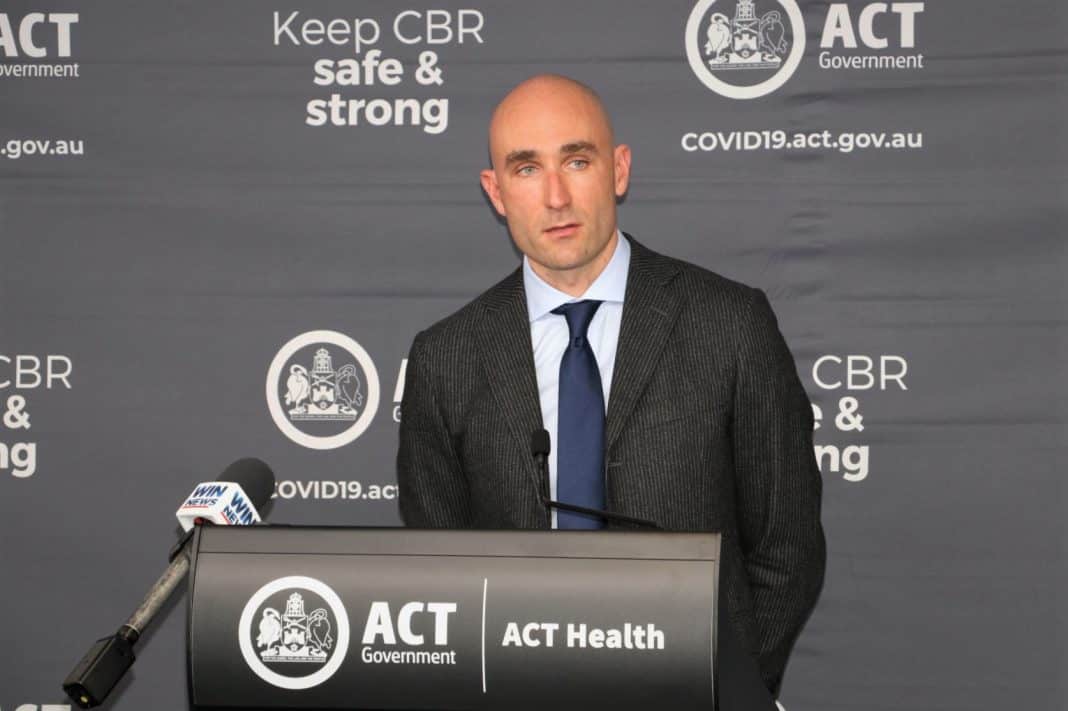The ACT health system is looking at a grim couple of months, with COVID-19 cases expected to soar to up to 3,000 a day and rampant influenza strains spreading through the community.
CEO of Canberra Health Services, Dave Peffer, said the system is undoubtedly under increasing strain due to chronic workforce shortages and surging COVID-19 positive cases from around the region flooding local hospitals.
Elective surgery services are all but cancelled for the foreseeable future and locals are experiencing wait times of over four hours in emergency departments (post triage).
“In the last three months, we had 18,000 days of COVID leave in our service that we carry. That doesn’t include influenza respiratory virus, any other sort of impact to the workforce, any other types of leave, just COVID leave,” Mr Peffer said.
“That places a pretty big strain on those who are left to carry the service and keep those services running.
“As of this morning, one in four of our junior medial workforce is not at work… we’re talking about hundreds of doctors in that particular workforce.”
This morning, Monday 11 July, 30 treatment spaces in Canberra Hospital’s Emergency Department (ED) were “offline” due to workforce shortages, reducing the ED from 90 treatment spaces to 60.
Mr Peffer warned Canberrans to avoid seeking treatment from EDs unless urgent care is required, and to book an appointment with your GP if you have symptoms that most likely do not need to be treated at a hospital.
The Garran Surge Centre is currently operating at a high rate from the prevalence of COVID-19 in the community, and if necessary, will be utilised as a different facility to support the overflow from the hospital.
Mr Peffer urged the Canberra community to keep up to date with their vaccinations, saying that 60 per cent of those with COVID-19 who have been ventilated in ICU have not been fully vaccinated (minimum three shots).
He reassured Canberrans that while the system is under a lot of pressure at the moment, it is still holding up thanks to the thousands of dedicated healthcare workers turning up every day, not withstanding the chronic staff shortages.
“The system will cope, but as I say, it will come at a cost and the cost will be the time penalty that is imposed on the patients, and the cost will also be the increasing strain on the workforce that carries us through the coming months,” Mr Peffer said.
“We will come out on the other side of winter, but it will come at a cost, and the cost will be the time delays, and time delays aren’t free in healthcare because the other side of that time delay is a patient and a family that’s been waiting for care. For each decision that we make, we recognise there’s a cost that comes with that.
“The service levels we are seeing today, if we see a tripling in case numbers, that will markedly change. People can expect the health service that’s available here in the Territory will markedly change to reflect that growing burden of disease in the community that we will need to respond to.”
Canberra Daily would love to hear from you about a story idea in the Canberra and surrounding region. Click here to submit a news tip.



